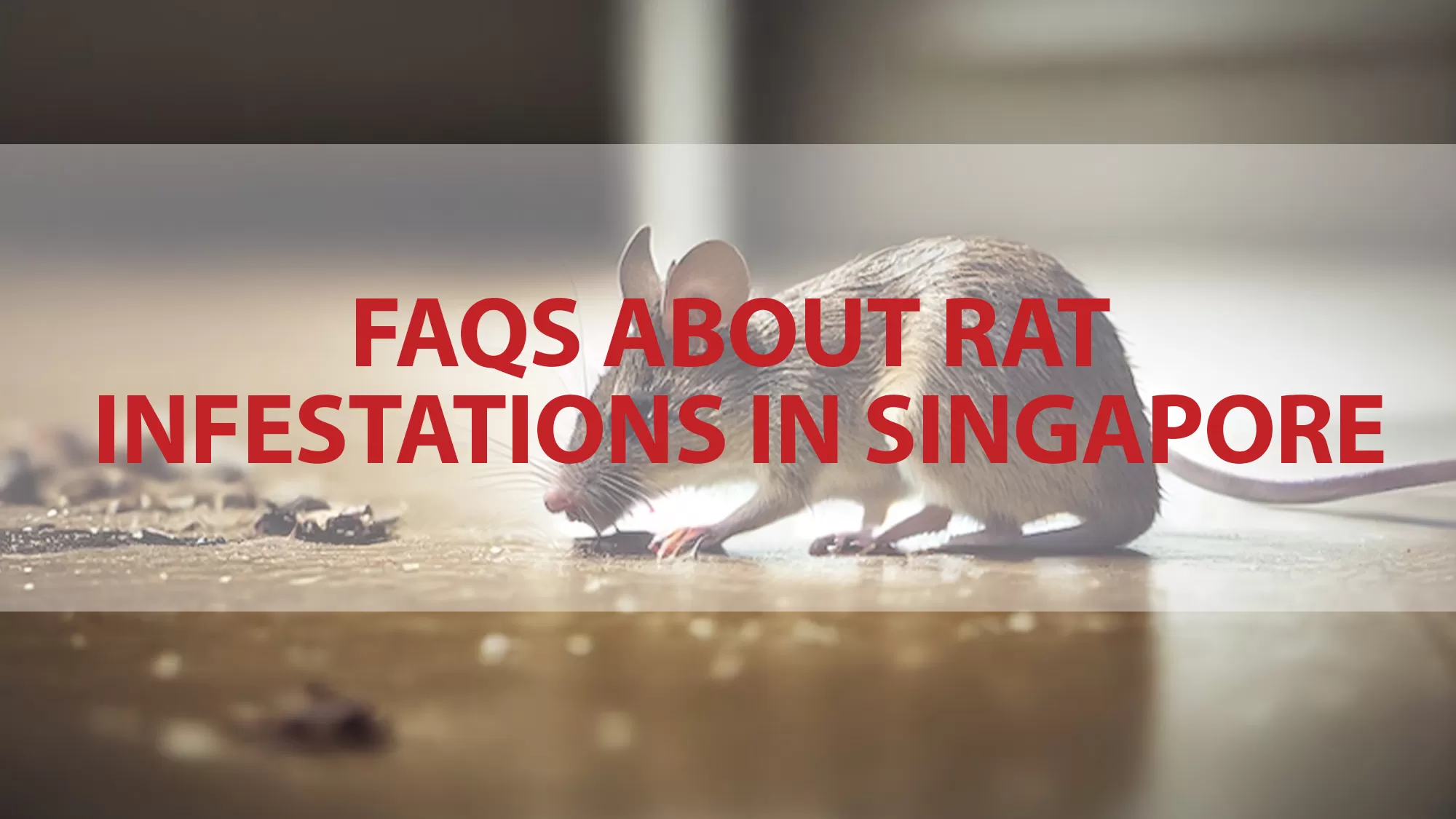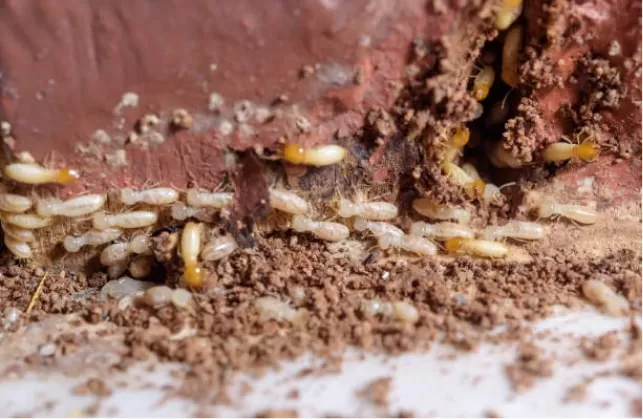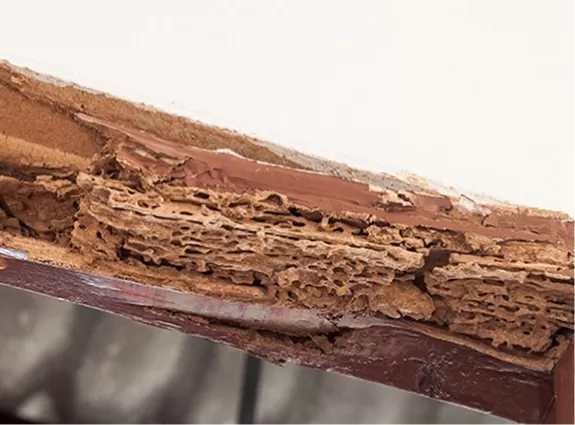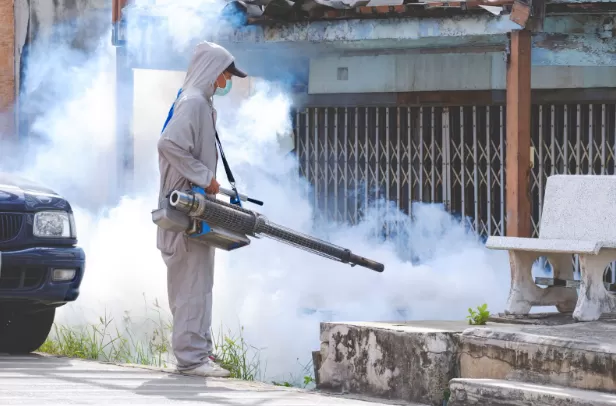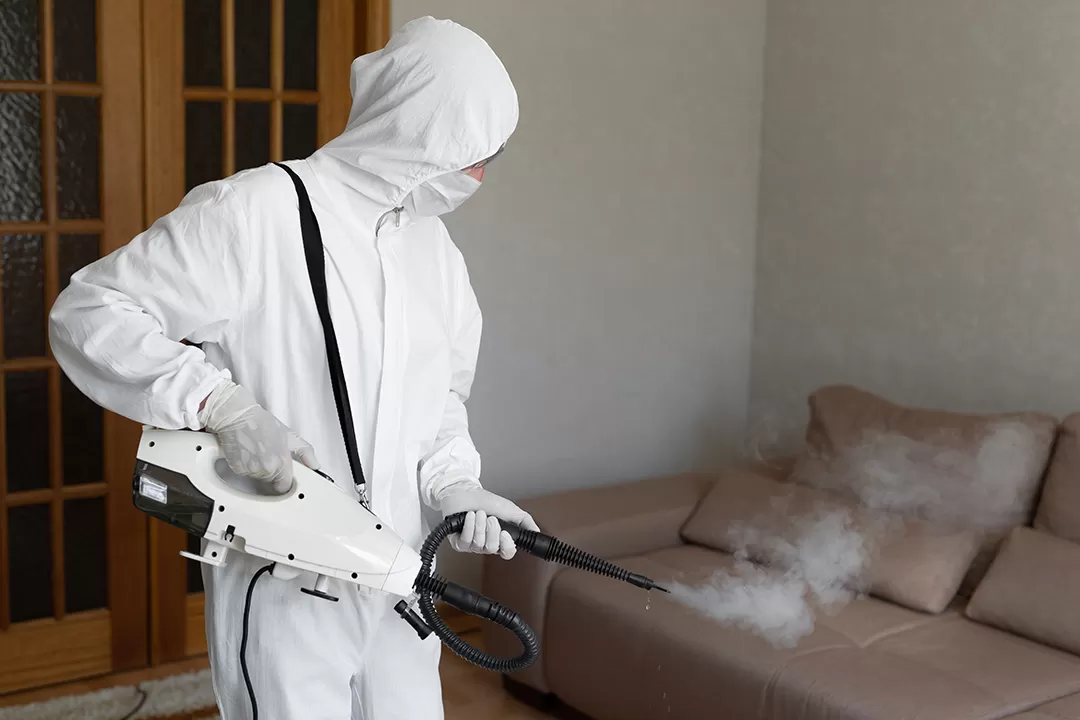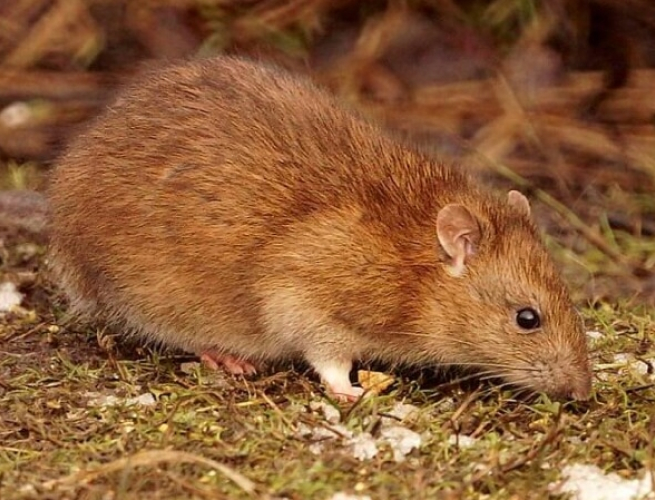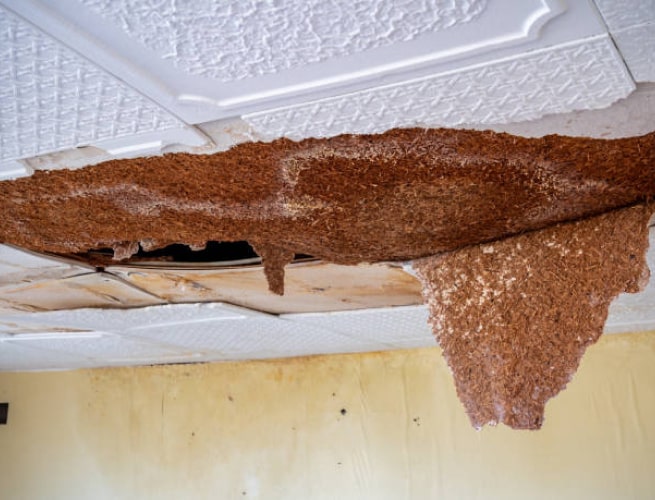Rat infestations can be a persistent challenge in urban areas, and Singapore is no exception. As a bustling city-state, Singapore faces its share of pest control issues, with rats being a common concern for residents and businesses alike. In this blog post, we aim to address some frequently asked questions (FAQs) about rat infestations in Singapore, shedding light on the causes, prevention, and effective control measures.
FAQs About Rat Infestations
Why are Rat Infestations Common in Singapore?
Singapore’s warm and humid climate creates an ideal breeding ground for rats. The tropical weather provides a consistent temperature that allows rats to thrive throughout the year. The dense urban infrastructure, characterised by a network of buildings, sewer systems, and hidden corners, offers ample hiding places for these rodents. Moreover, the abundance of food sources, both in residential and commercial areas, makes Singapore an attractive environment for rats to flourish. With easy access to leftover food, improperly stored waste, and suitable nesting sites, rats can quickly establish and sustain populations in urban settings.
What are the Health Risks Associated with Rat Infestations?
Rats are notorious carriers of various diseases, posing a significant threat to human health. Leptospirosis, a bacterial infection transmitted through rat urine, can lead to severe symptoms such as fever, chills, and muscle aches. Salmonellosis, another disease linked to rat infestations, results from consuming food contaminated with rat faeces. Additionally, the presence of rats increases the risk of hantavirus transmission, a potentially fatal respiratory disease. Addressing rat infestations promptly is crucial to minimise the risk of these diseases spreading within the community.
How Can I Prevent a Rat Infestation in my Home or Business?
Preventing rat infestations requires a combination of proactive measures. Seal any gaps or cracks in the building structure, as rats can easily enter through small openings. Store food in airtight containers to eliminate potential food sources. Maintaining cleanliness in and around your property is essential, as rats are attracted to debris and clutter. Regular pest inspections conducted by professionals can help identify and address potential entry points before a full-blown infestation occurs. Proper waste management, including secure disposal of food waste, is crucial to deny rats access to a conducive environment.
What Should I Do if I Suspect a Rat Infestation?
If signs of a rat infestation are evident, such as droppings, gnaw marks, or unusual noises, immediate action is necessary. Contacting a professional pest control service in Singapore is recommended. Pest control experts can assess the extent of the infestation, identify nesting areas, and implement effective control measures. DIY solutions may not be sufficient, and a comprehensive approach is needed to eradicate rats and prevent their return.
Are There Eco-Friendly Methods for Rat Control?
Certainly, there are eco-friendly pest control alternatives for rat management. These include the use of humane traps, electronic deterrents that emit ultrasonic sound waves, and natural repellents like peppermint or citronella. Reputable pest control services in Singapore often offer environmentally friendly solutions, ensuring effective rat control without harming the ecosystem.
How can Businesses Protect Themselves From Rat Infestations?
Businesses can protect themselves by prioritising proper waste management practices. This includes secure disposal of food waste and maintaining clean premises to eliminate potential hiding spots for rats. Regular pest inspections conducted by professional services can help businesses identify and address vulnerabilities before an infestation occurs. Collaborating with a reputable pest control service on a routine basis ensures the implementation of proactive measures tailored to the specific needs of the business.
Are There Any Government Initiatives Addressing Rat Infestations in Singapore?
The National Environment Agency (NEA) in Singapore plays a pivotal role in managing pest control. The NEA conducts public education campaigns to raise awareness about rat infestations and provides guidelines for effective pest control. By actively engaging with residents and businesses, the government aims to empower the community to address rat infestations efficiently. Public initiatives and guidelines contribute to creating a cleaner and healthier urban environment in Singapore.
Are There Any Natural Predators of Rats in Singapore That Can Help Control Their Population?
Singapore’s ecosystem has some natural predators that can assist in controlling the rat population. Birds of prey, such as owls and certain snake species, are known to prey on rats. However, relying solely on natural predators may not be sufficient in densely populated urban areas. It emphasises the importance of maintaining a balanced and healthy ecosystem to support these natural controls.
Can Community Engagement Play a Role in Preventing Rat Infestations?
Community engagement is pivotal in preventing and managing rat infestations. Educating residents about proper waste disposal, encouraging the reporting of potential infestation signs, and fostering a collective sense of responsibility can significantly contribute to a rat-resistant community. Community-led initiatives, when combined with professional pest control measures, create a comprehensive strategy for tackling rat-related challenges.
How Does Climate Change Impact the Prevalence of Rat Infestations in Singapore?
Climate change can potentially influence the prevalence of rat infestations. As temperatures and weather patterns shift, rats may adapt their behaviour, distribution, and breeding patterns. Changes in precipitation levels can affect the availability of water sources, influencing rat behaviour. This dynamic interaction underscores the need for adaptive pest control measures and ongoing research to understand and address the evolving challenges posed by climate change in the context of urban pest management.
Conclusion
Rat infestations in Singapore present a multifaceted challenge influenced by the tropical climate, urban infrastructure, and abundant food sources. Recognising the importance of proactive measures and prompt action is crucial in mitigating the risks associated with these pervasive rodents.
In the battle against rat infestations, the role of professional pest control services cannot be overstated. These companies bring a wealth of expertise and resources to the table, aiding individuals and businesses in preventing and managing rat infestations effectively.
Pest control companies employ trained professionals who can conduct thorough inspections of properties, identifying potential entry points and nesting sites. Utilising their knowledge, they can recommend and implement tailored solutions to address existing infestations and fortify structures against future rodent intrusion.
Moreover, pest control experts have access to a range of eco-friendly and humane methods for rat control. By utilising traps, deterrents, and repellents that are both effective and environmentally conscious, these professionals can strike a balance between eradicating pests and preserving the local ecosystem.
For businesses, establishing a partnership with a reputable pest control company is a strategic move. Regular inspections and customised prevention plans not only safeguard against rat infestations but also contribute to maintaining a clean and hygienic environment. This, in turn, upholds the reputation of businesses, ensuring the well-being of employees and customers.
In essence, the collaboration between individuals, businesses, and pest control companies plays a vital role in creating a rat-free environment in Singapore. By embracing a holistic approach that combines awareness, preventive measures, and professional intervention, residents and businesses can contribute to a healthier and pest-free urban landscape.

